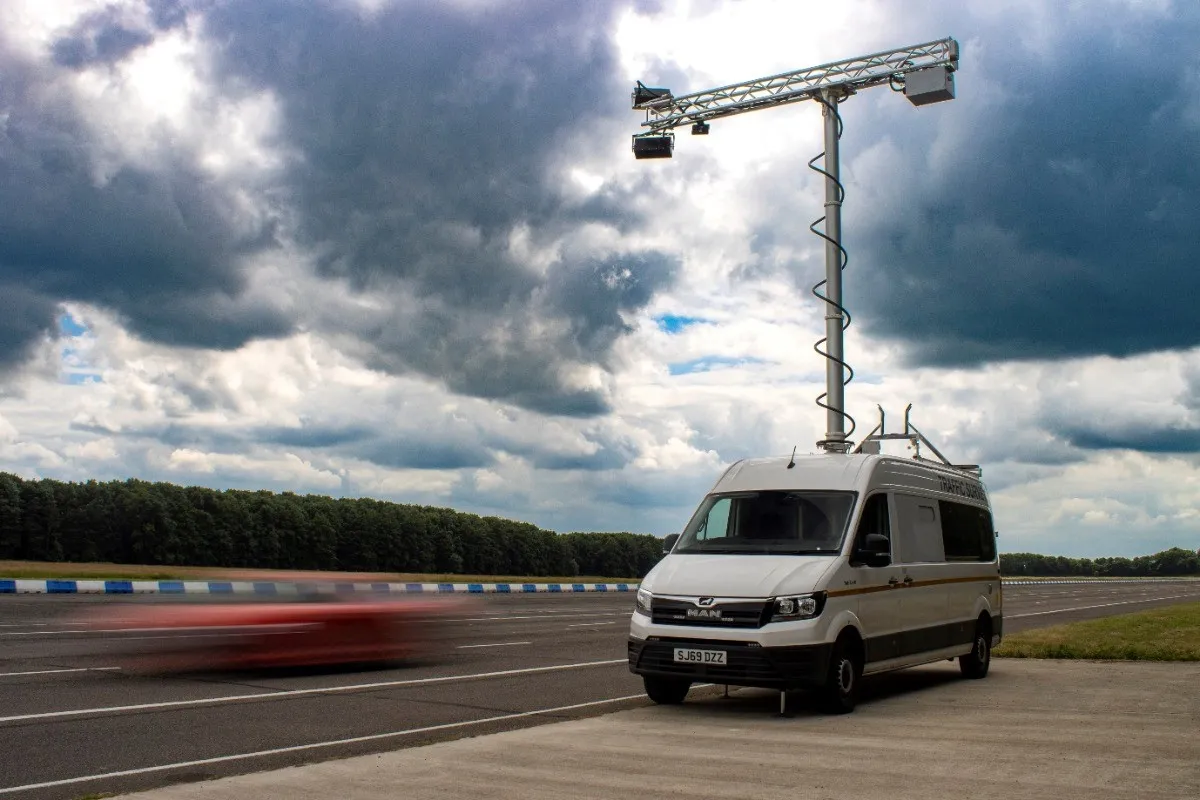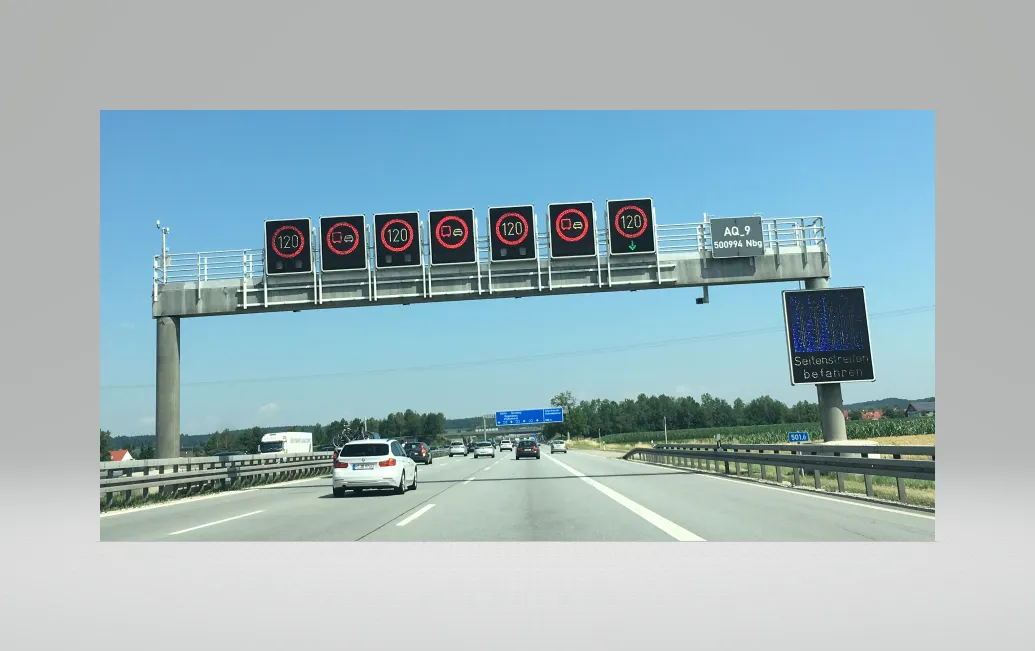In the US state of Idaho a man reported to a county sheriff's office with a request to be deported to Mexico. This request was denied so the man instead stole a police car and headed for the border. However the car contained a cell-phone belonging to one of the officers and was tracked. When the vehicle ran out of fuel, officers were able to apprehend the offender and he was then deported to Mexico, as he had originally wished.
February 20, 2012
Read time: 1 min

In the US state of Idaho a man reported to a county sheriff's office with a request to be deported to Mexico. This request was denied so the man instead stole a police car and headed for the border. However the car contained a cell-phone belonging to one of the officers and was tracked. When the vehicle ran out of fuel, officers were able to apprehend the offender and he was then deported to Mexico, as he had originally wished.







